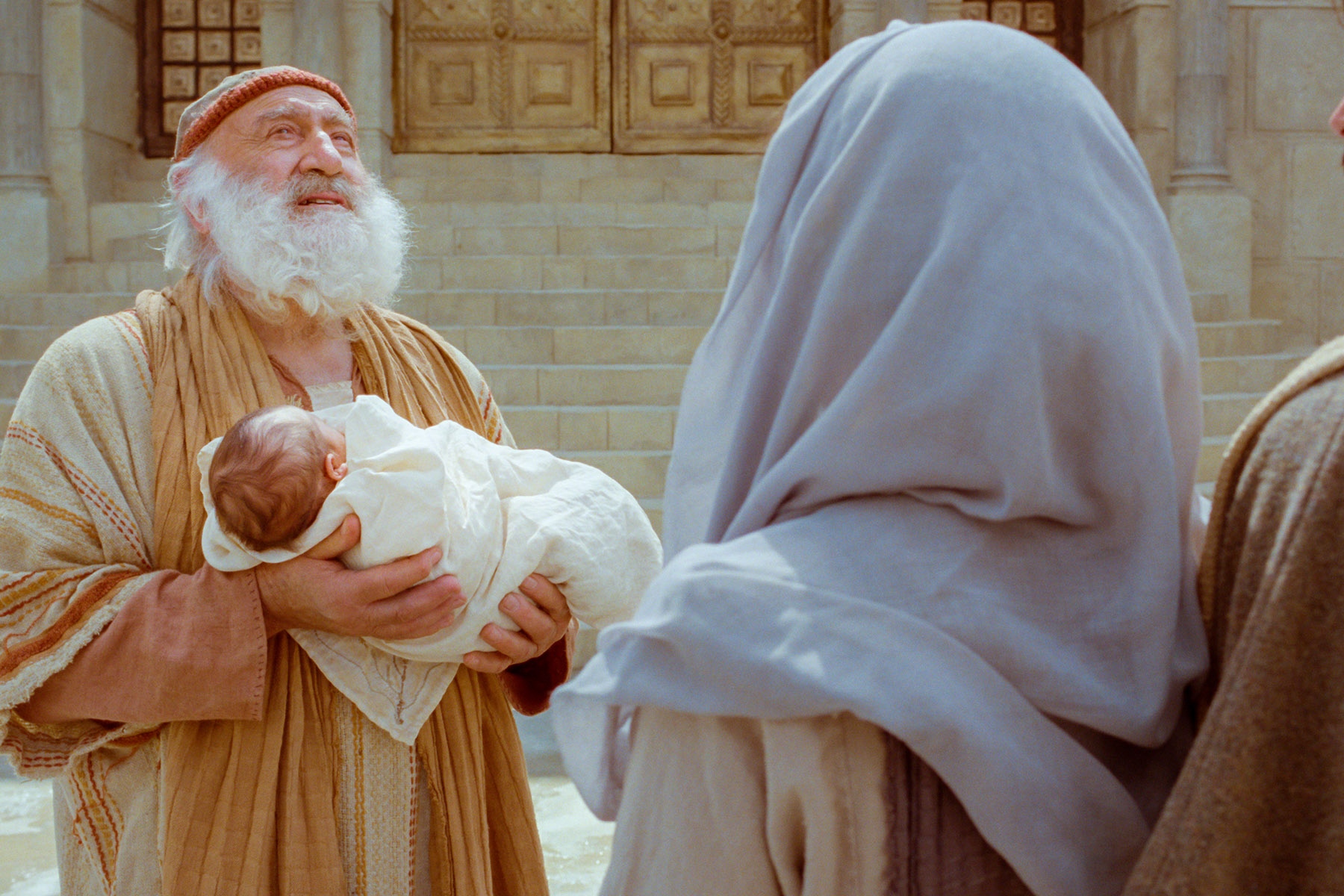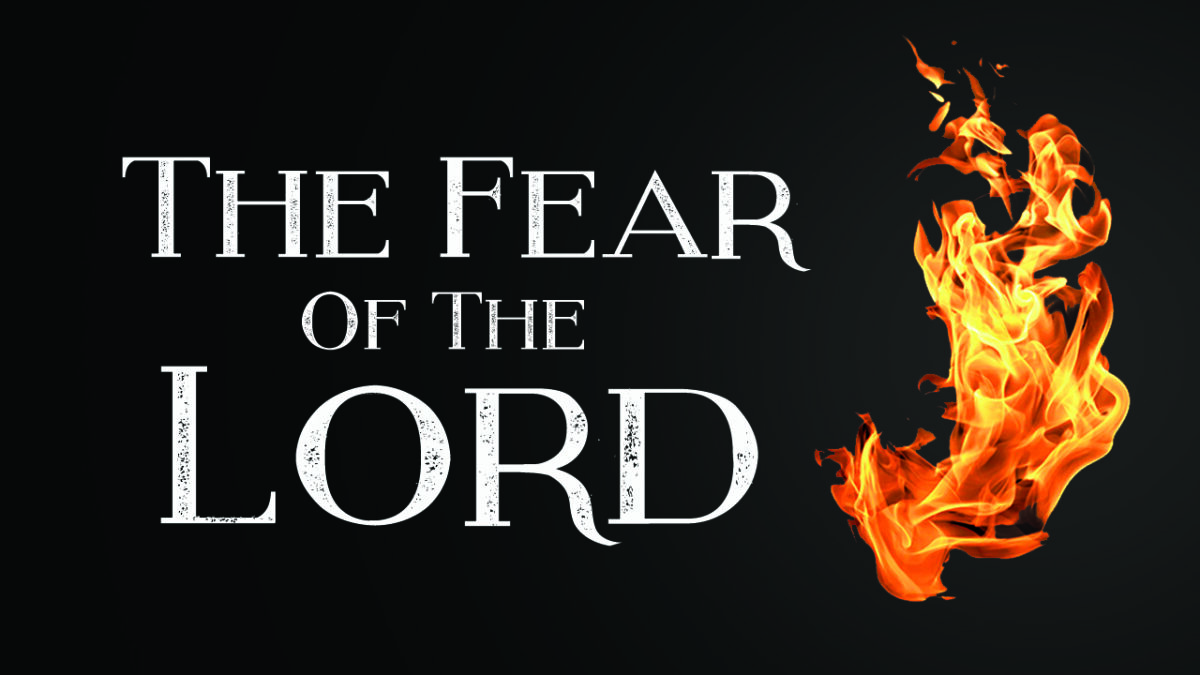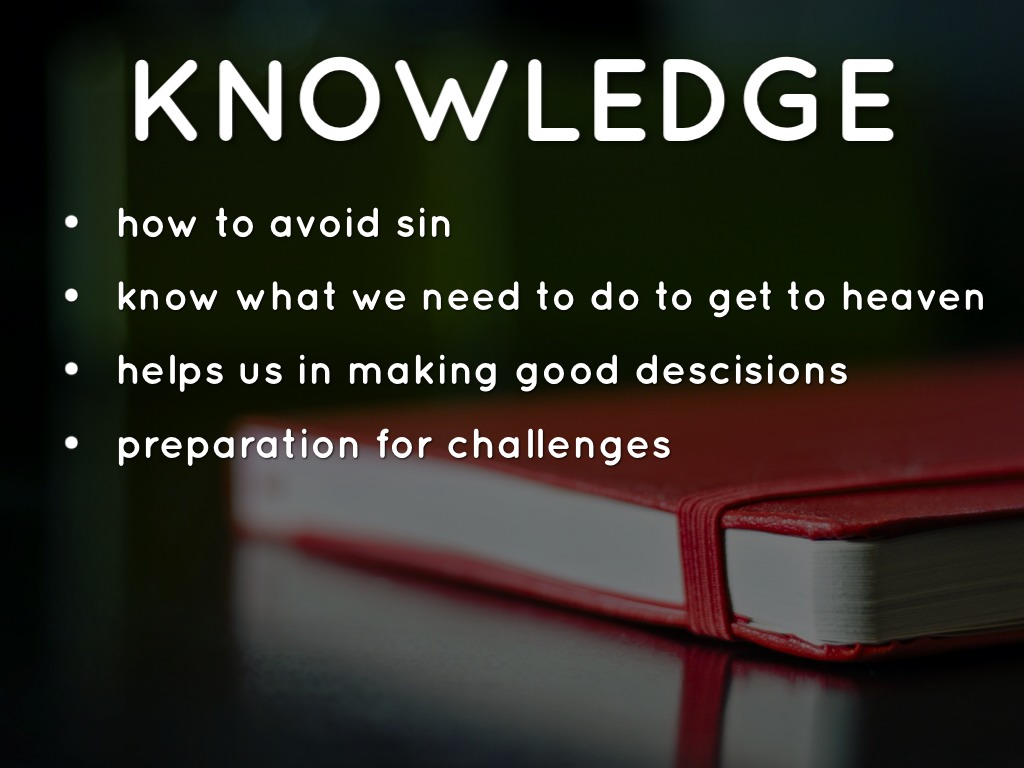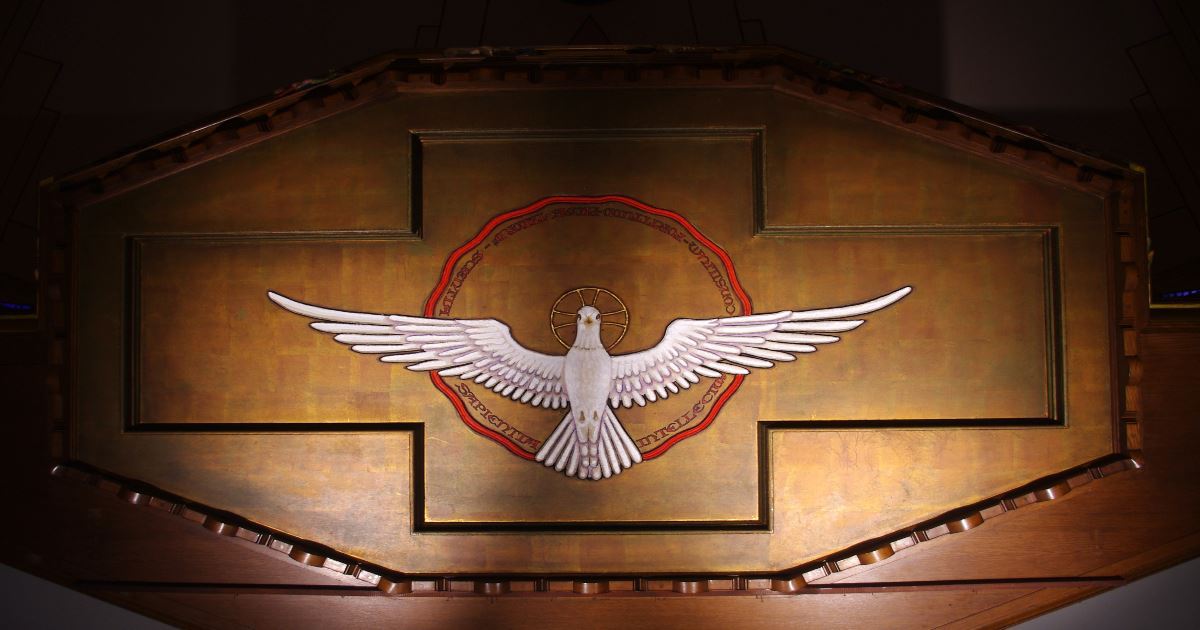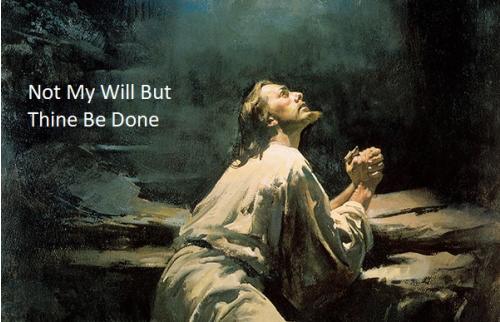The Benefits of Credit
A credit card is just a piece of plastic with no function until it is activated. Once activated, you still have to use your credit responsibly. You have to not exceed your limit, run up too much debt, and make your payments on time. Finally, an unused credit card is also pointless because you’re not taking advantage of any benefits or discounts. But using credit responsibly provides many benefits and opens up your purchasing power.
If you are not manifesting the fruits of the Holy Spirit in your life: [Charity, joy, peace, patience, kindness, goodness, generosity, gentleness, faithfulness, modesty, self-control and chastity], the chances are that you have not activated the gifts. After you receive a new credit card, you activate it before you can use it. After the activation of the card, timely payment of your bill is the way to continue to enjoy the credit card.
seekfirst.blogspot.com
I like the analogy that the fruits of the Holy Spirit are like a credit card. To unlock all the benefits and rewards of a credit card, you have to activate it first. As we come up to Pentecost Sunday, ask yourself whether you’ve activated the fruits of the Holy Spirit in your life. Have you been praying, going to Mass, going to Confession, and fasting? In short, have you been trying to live the Catholic faith? That is how we activate the Holy Spirit.
Fruits of the Holy Spirit
God gives us a lot of freedom. He’s not going to force the Holy Spirit onto us. If we don’t want to receive all those benefits, we don’t have to activate them. But that begs the question, why not? Why wouldn’t we want God’s grace to help us to be more charitable, joyful, patient, and kind? People talk about how stupid it is to pass up free money. Why pass up God’s grace and the fruits of the Holy Spirit which are nearly free?

If credit cards have terms and conditions, what about the fruits of the Holy Spirit? Yes, they have them too but they are very generous. Basically, we have to use these gifts. We have to go out and be living witnesses to the faith. You can’t practice charity, patience, kindness, etc. in a vacuum. These are all fruits of interaction. God desires us to share these fruits with the world. Think about the saints. Yes, they prayed a lot. But that wasn’t all they did. They shared the gifts that God gave them with the world.
Excited Evangelism
When I think about sharing the fruits of the Holy Spirit, I think about the Second Joyful Mystery of the Rosary — the Visitation. As I’ve said before, Mary could have stayed put after receiving the news of her pregnancy in the Annunciation. But instead, she went out and shared joy, charity, peace, generosity, and kindness with her cousin Elizabeth. Mary was so full of God’s grace that she couldn’t resist sharing it with others.
Imagine a time when you had some really exciting news that you had to share. It was hard to keep quiet about it right? You probably felt like a balloon about to burst unless you had some way to release some of that excitement. That’s how Mary wants us to feel about our faith and love of Jesus! She knows what it is like to be so full of God’s grace and she desires that all her children experience the same.

The apostles couldn’t hold back using the fruits of the Holy Spirit to spread the Good News of Jesus Christ. They went from cowards during Jesus’ Passion to inspired evangelists. They went to the ends of the known world utilizing the gifts bestowed on them at Pentecost. That passion is how God intends all of us to wisely use the gifts He gives us.
Pray that you have the desire to use the fruits of the Holy Spirit. When God sees that desire, He will provide all that you need and more. He’s done it countless times to Mary, the apostles, and the saints. God will do the same for you.




